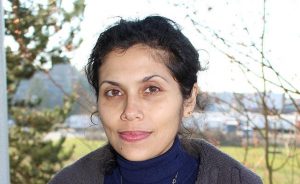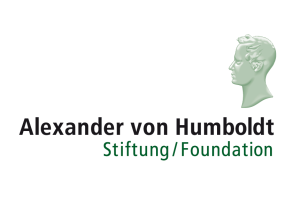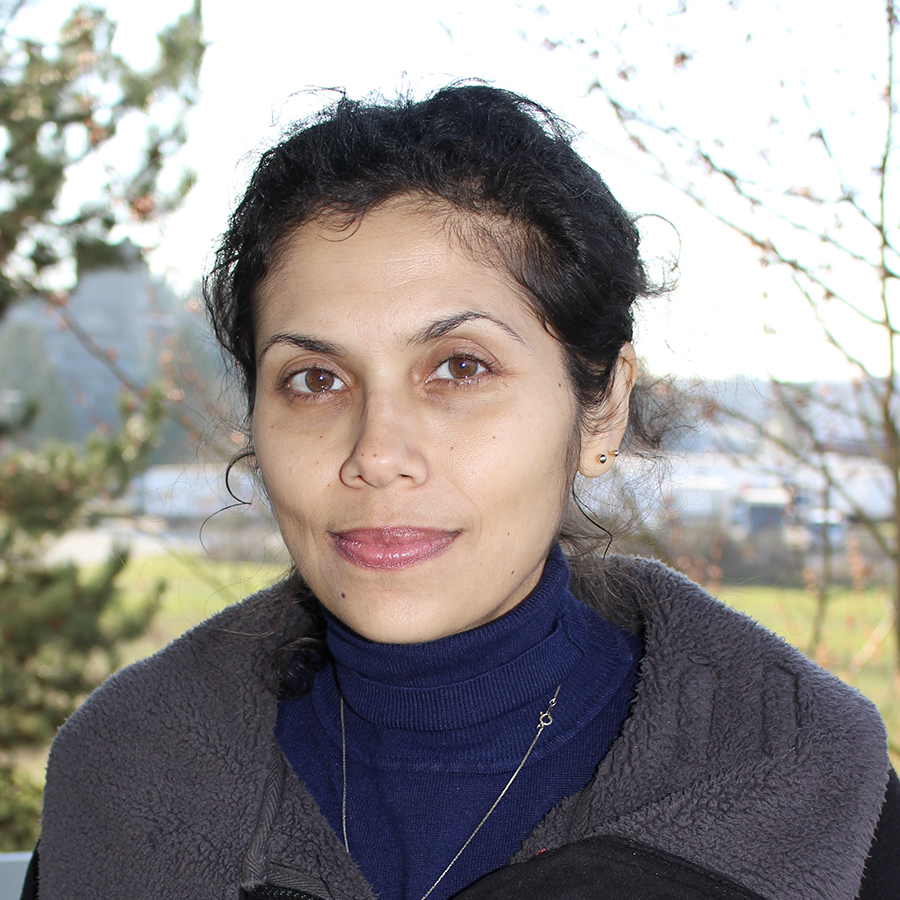CHÉOS’ new Scientist Dr. Shirin Kalyan, a translational immunologist, used to sit in her undergraduate immunology courses in suspended disbelief.
“When I went to physics and math, there was a pretty clear formula and you sort of get it after a while,” she said.

“But when I was listening to this idea of how T cells and B cells with unique receptors are left with the task of recognizing a chewed-up peptide presented on an MHC molecule by an antigen presenting cell usually in some lymph node—and this seemingly lucky chance encounter is what your immune system is relying on to recognize and fight danger—it seemed like a rather whimsical form of protection.”
What seemed to her to be an almost inconceivable feat of chance left Dr. Kalyan with more questions about how bodies recognize and respond to threats. And yet it seemed, in a sense, familiar too.
“At a philosophical level, the immune system, to me, is somewhat representative of the self and how society functions,” she noted. “We decide what is ‘self’ and ‘non-self’. We put tags of our identity on ourselves: ‘I’m a Canadian’, for example. We make decisions about what we perceive as dangerous or not all the time, just like the immune system does—I think this inner reflection is part of the reason the study of the immune system is intrinsically interesting to me.”
 She went on to earn her PhD in Experimental Medicine from the University of British Columbia, where she is now an Assistant Professor in the Department of Medicine. She then conducted research at the Institute of Immunology in Kiel, Germany, on a fellowship from the Alexander von Humboldt Foundation.
She went on to earn her PhD in Experimental Medicine from the University of British Columbia, where she is now an Assistant Professor in the Department of Medicine. She then conducted research at the Institute of Immunology in Kiel, Germany, on a fellowship from the Alexander von Humboldt Foundation.
During her fellowship, Dr. Kalyan investigated how nitrogen-bisphosphonates, a common class of drugs used to treat bone degeneration, compromise immune function.
Her research related to a recent shift in the field of endocrinology: It is becoming evident, she explained, that the immune system plays an important role in bone. Bone disorders were once viewed primarily from an endocrine perspective and treated with hormones. Drugs used today to treat bone fragility have the potential to impact normal immune function, which is still not widely recognized.
“A lot of my work is about understanding the pathology of complex cases of bone fragility disorders, so we can start treating their cause versus the symptoms, and that way hopefully maintain the integrity of the immune system,” said Dr. Kalyan.
She was introduced to CHÉOS by Dr. Sabrina Gill, an endocrinologist at St. Paul’s Hospital and a Scientist at CHÉOS. Drs. Gill and Kalyan will be collaborating on clinical research investigating treatments for complex bone disorders.
Beyond conducting clinical research, Dr. Kalyan, hopes to harness CHÉOS’ expertise in population-scale analyses and data science to investigate treatment options for specific patient cohorts and opportunities to personalize medicine.
“Even though I think I’m a bit unique as a translational scientist as part of the CHÉOS cohort, I’ve always been one of those people who do research on interfaces as opposed to within siloed expertise,” said Dr. Kalyan.
 In addition to bridging the disciplines of endocrinology and immunology, Dr. Kalyan connects the worlds of academia and clinical research with the biotechnology industry as well.
In addition to bridging the disciplines of endocrinology and immunology, Dr. Kalyan connects the worlds of academia and clinical research with the biotechnology industry as well.
She is the Director of Scientific Innovation at Qu Biologics, a Vancouver-based biotech company working to develop site-specific immunomodulators, which aim to restore innate immunity in those with compromised immune systems. Qu is currently running clinical trials to tests this approach in Crohn’s disease, ulcerative colitis, and recurrent lung cancer.
But that’s not all.
In the aftermath of the recent B.C. elections, Dr. Kalyan was inspired to branch out yet again— she decided to run for the role of Vancouver representative on the Green Party’s provincial council at the AGM on August 19th.
“I think we need more people going out there and speaking up for what they believe in,” she said. “You can’t just be twiddling your thumbs on the side and hoping things work out.”
Dr. Kalyan will be presenting on her ongoing research at the Work in Progress Seminar Series on October 11.



